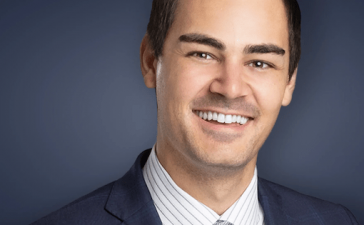When Netflix co-founder Reed Hastings declared in 2016 “we love people sharing” accounts, the company had a commanding lead in the streaming business and four years of blistering growth ahead of it. No one had yet heard of Disney Plus or the streaming wars.
But after the platform lost subscribers early last year, Hastings called time on this breezy attitude towards password sharing, which has given rise to an estimated 100mn Netflix freeloaders around the world.
In recent days, the company has launched password crackdowns in the US, UK and more than 100 other countries. In the US, it has told customers that if they want to share their password, they must pay $7.99 a month to add a person outside their home, or $6.99 if they are prepared to have an account with adverts.
The crackdown plus the new push into advertising reflect the tough realities of the streaming business model that Netflix pioneered. In the boom times, investors were willing to overlook eight- or nine-figure quarterly losses as long as subscription growth was strong. Now, however, new sign-ups have slowed and competition is intense. In the US, the average household has 5.5 streaming subscriptions, notes Jennifer Chan, global strategic director at research group Kantar.
“Overall household streaming penetration hasn’t changed very much since the end of Covid,” Chan said. “So the focus for streamers now is on retaining their current customer base and becoming the priority subscription so that consumers aren’t cancelling — and if they are, how do you win them back.”
Investors meanwhile want to see a path to profitability, putting serious pressure on most of the major streaming services to slash costs and come up with new strategies to generate cash.
Netflix is profitable, but Disney Plus, Paramount Plus and NBCUniversal’s Peacock are still racking up hefty losses. Warner Bros Discovery, which aggressively cut costs after the companies were combined in a $40bn merger last year, recently told investors it expected to turn a profit in its streaming business a full year ahead of schedule and that this part of the business made $50mn in profit in the most recent quarter.
Like Netflix, Warner has been making big changes to its streaming service. On Tuesday it combined its HBO Max service — home of Succession, White Lotus and Game of Thrones — with Discovery Plus, which specialises in low-cost unscripted programming such as 90-Day Fiancé. The combined service was renamed Max, and the company hopes the broader offering will increase customer numbers and engagement.
Disney chief executive Bob Iger plans a similar move later this year by merging child-friendly Disney Plus and Hulu, which focuses on general entertainment aimed at adults, into one app. Iger said this would boost sales of Disney’s with-adverts subscription packages, another step towards reaching its goal of turning a profit in streaming next year. In the meantime he must also address investor worries about subscriber growth — the company’s streaming services have lost customers for the past two quarters.
Netflix may face similar problems of retaining customers as it cuts password sharing options. In early trials, Netflix said some users dumped the service, with as many as 1mn cancellations in Spain alone, according to Kantar. While many return — either adding new accounts or opting for the cheaper ad-supported version — there is still some risk, Chan says.
“If people are to cancel their subscription, they will be exposed to life without Netflix” and perhaps switch to other services, she said. “I think people will come back, but they may not regain their whole subscriber base.”












